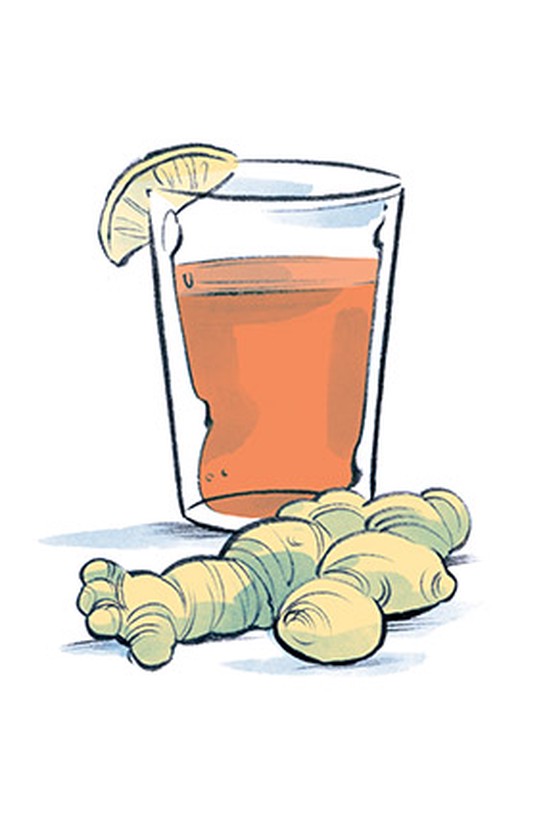Dr. Oz: "5 Health Risks I Won't Take—and Neither Should You"
When research offers conflicting advice, it's better to be safe than sorry.
By Dr. Mehmet Oz
Ulcer-Causing OTC Painkillers
Science says: According to the National Institute of Diabetes and Digestive and Kidney Diseases, over-the-counter (OTC) painkillers may increase your risk for peptic ulcers. These drugs inhibit an enzyme that protects the lining of your stomach, leaving it more vulnerable to damage from stomach acid. However, a 2012 study led by researchers at the American Cancer Society found that taking an aspirin a day for five years or more might lower your risk of cancer death by 37 percent. And I recommend taking two baby aspirin daily for heart health.
For safety's sake: In general, I suggest you limit your use of OTC painkillers for aches and pains to once a week. And always try natural remedies first. When I have a headache, dehydration is usually the cause, so I drink a glass of water. If the pounding doesn't go away in 30 minutes, then I'll take medicine. For chronic muscle pain or arthritis, I recommend capsaicin cream, which depletes a neurotransmitter responsible for sending pain signals to the brain. Ginger, another option, has been shown to fight both inflammation and pain within 24 hours; try grating a half inch of ginger into a cup of tea for a soothing, refreshing drink. If pain persists, consult your doctor about other options to ease your discomfort.
For safety's sake: In general, I suggest you limit your use of OTC painkillers for aches and pains to once a week. And always try natural remedies first. When I have a headache, dehydration is usually the cause, so I drink a glass of water. If the pounding doesn't go away in 30 minutes, then I'll take medicine. For chronic muscle pain or arthritis, I recommend capsaicin cream, which depletes a neurotransmitter responsible for sending pain signals to the brain. Ginger, another option, has been shown to fight both inflammation and pain within 24 hours; try grating a half inch of ginger into a cup of tea for a soothing, refreshing drink. If pain persists, consult your doctor about other options to ease your discomfort.
From the March 2013 issue of O, The Oprah Magazine
As a reminder, always consult your doctor for medical advice and treatment before starting any program.


